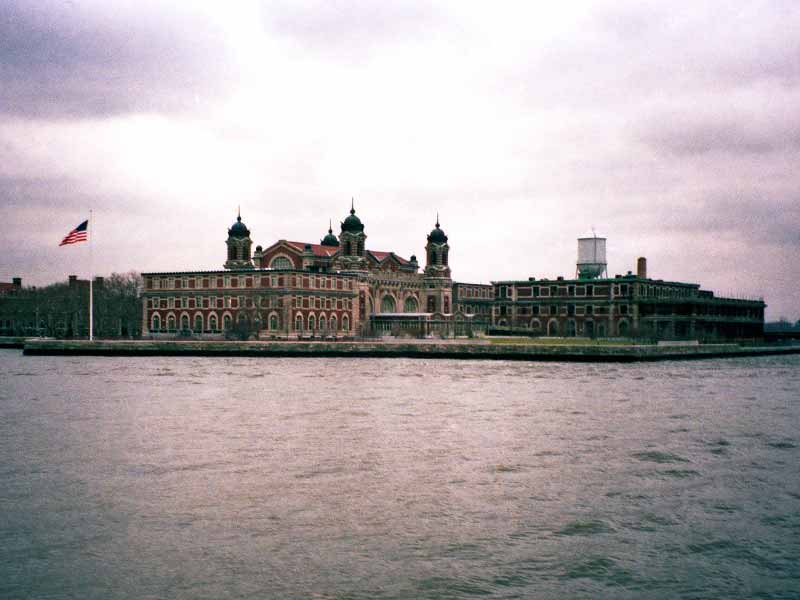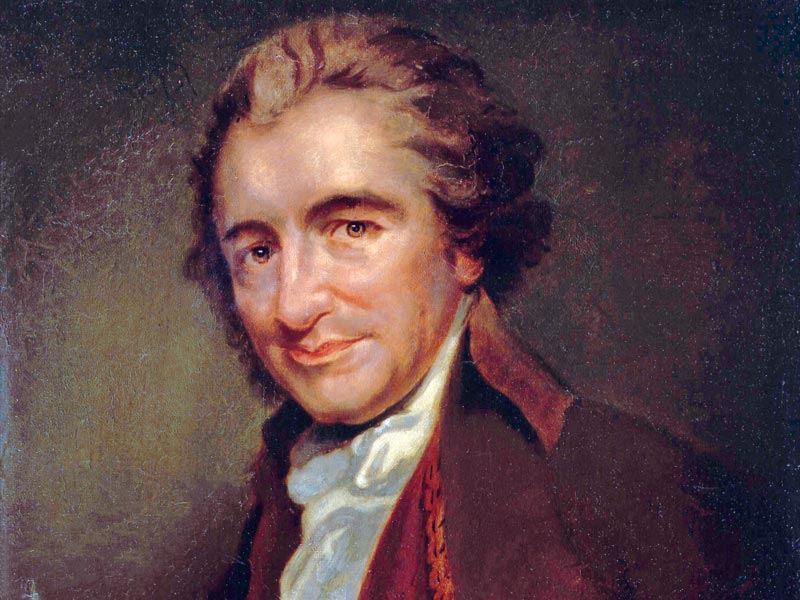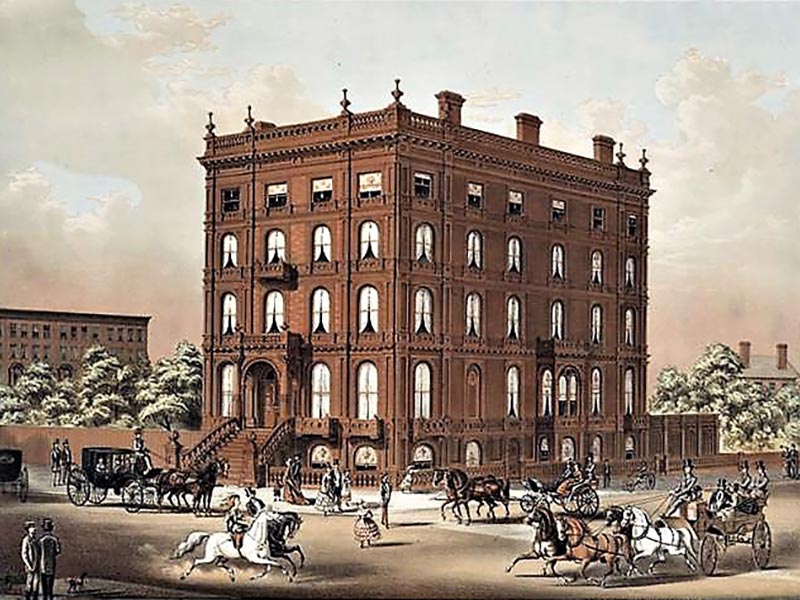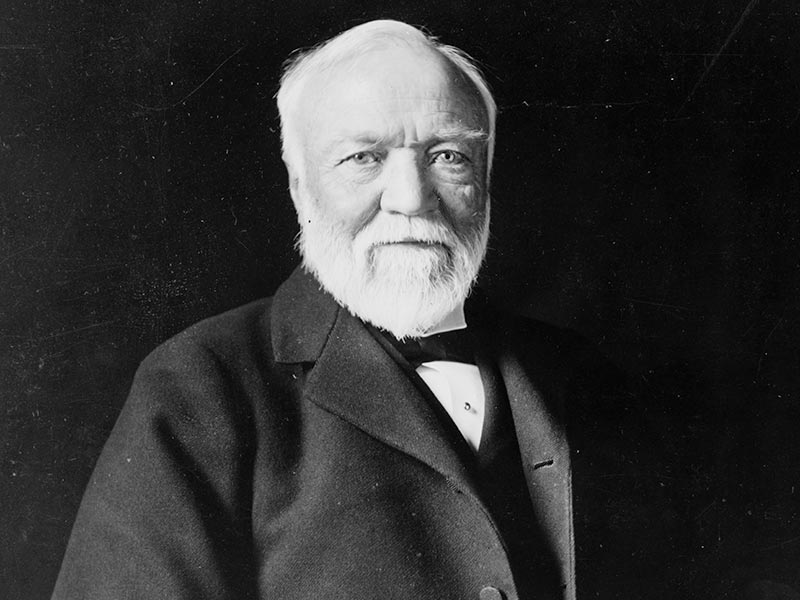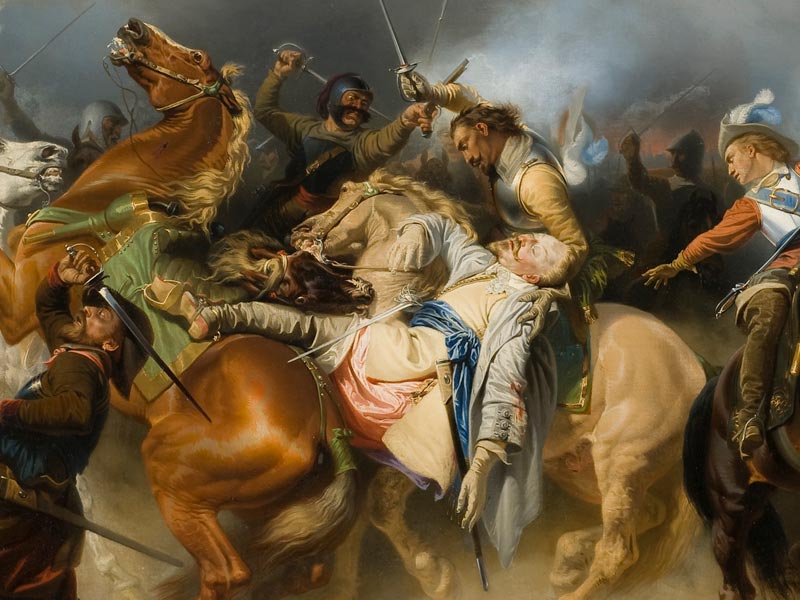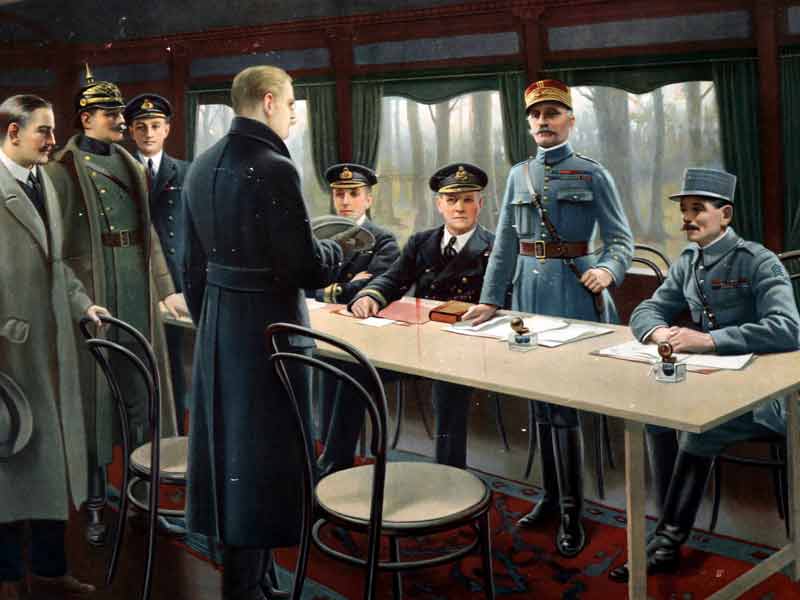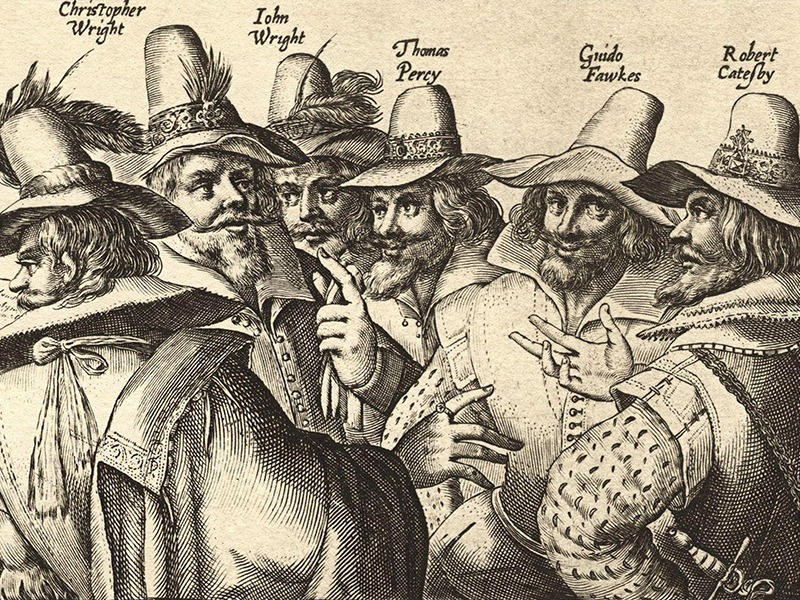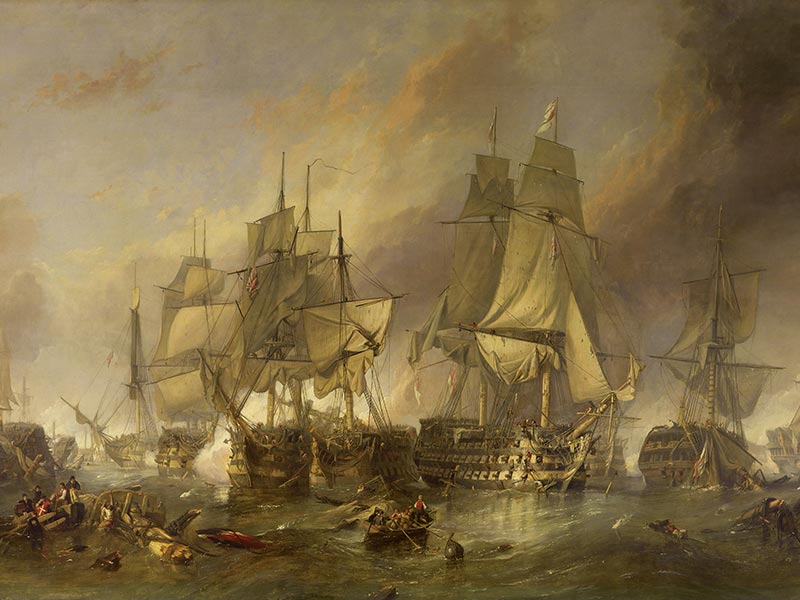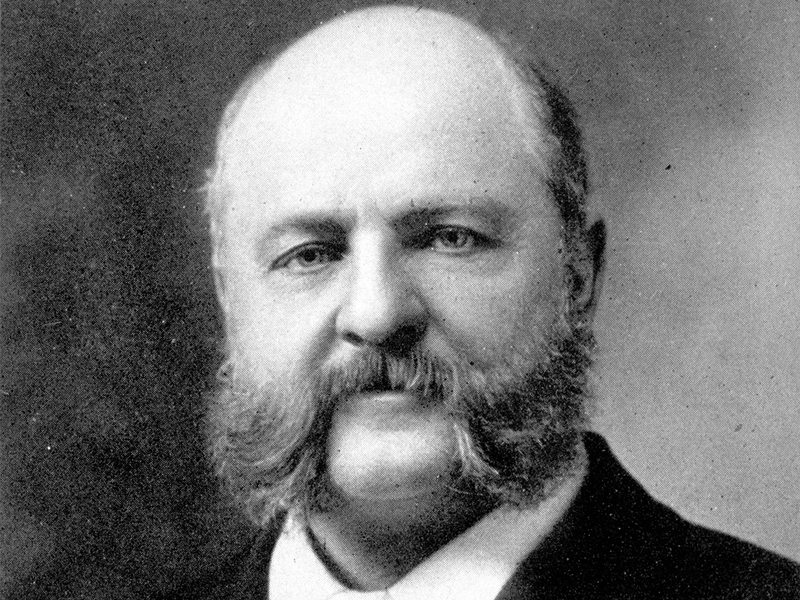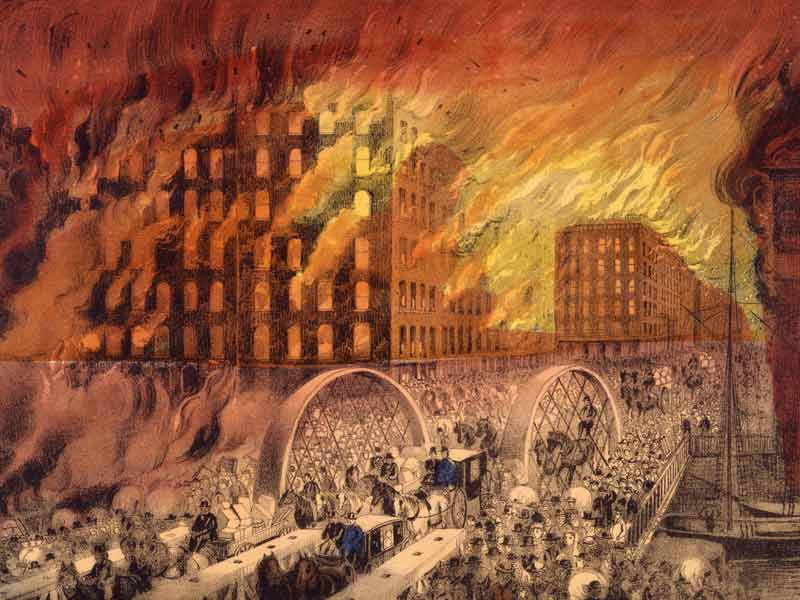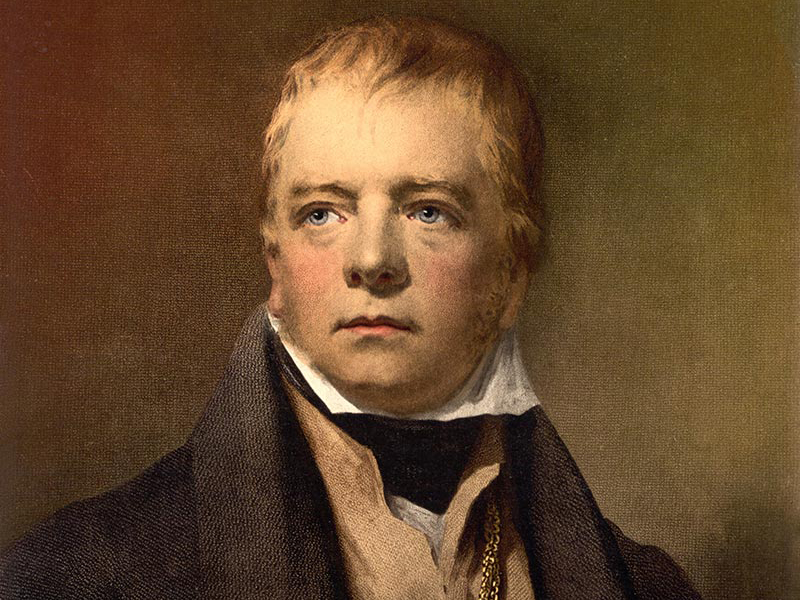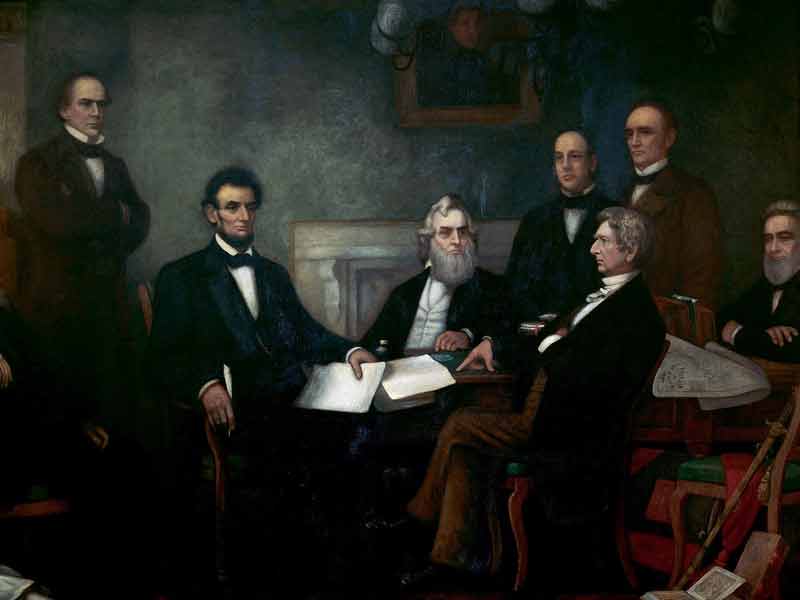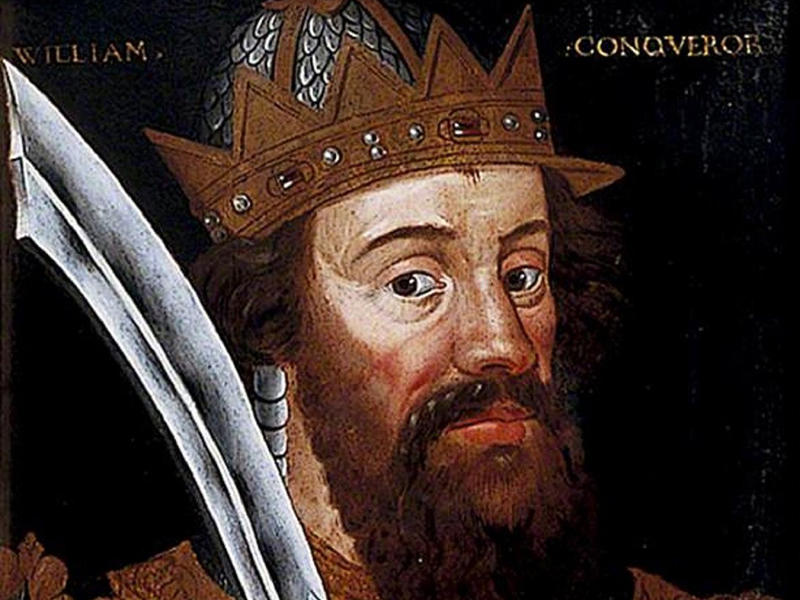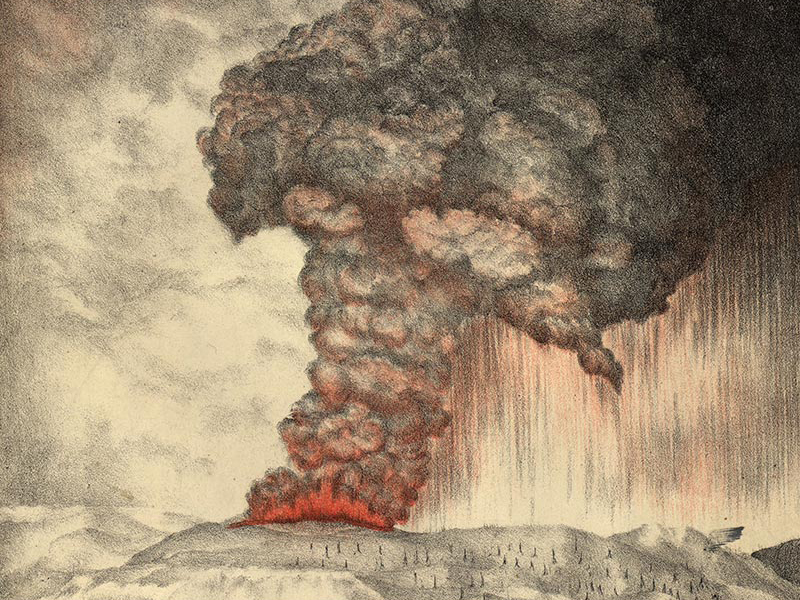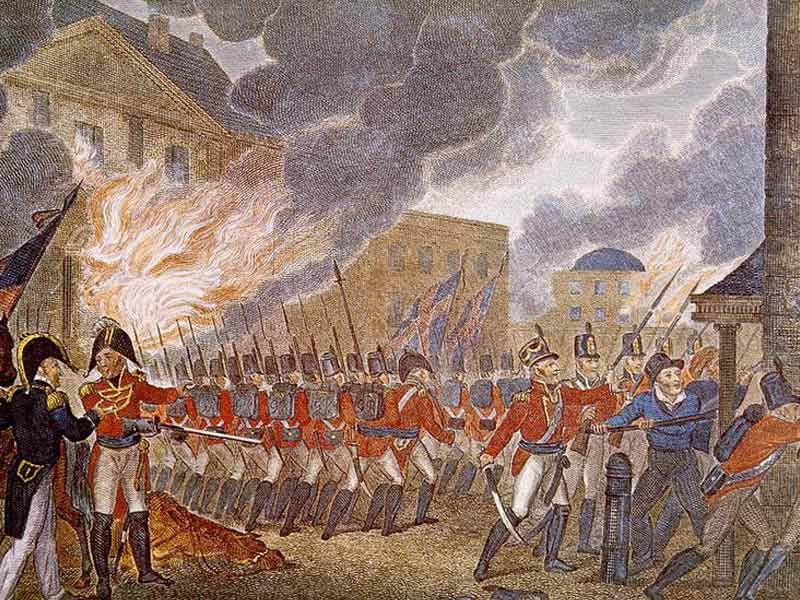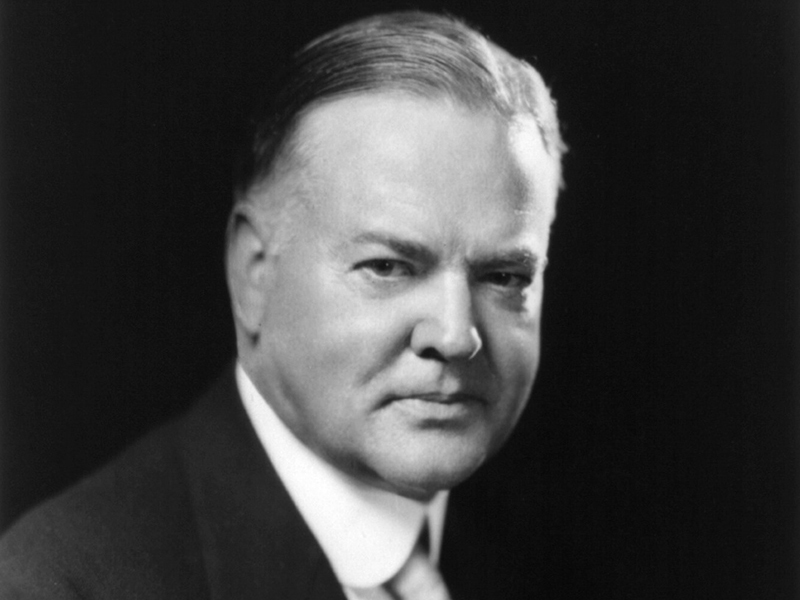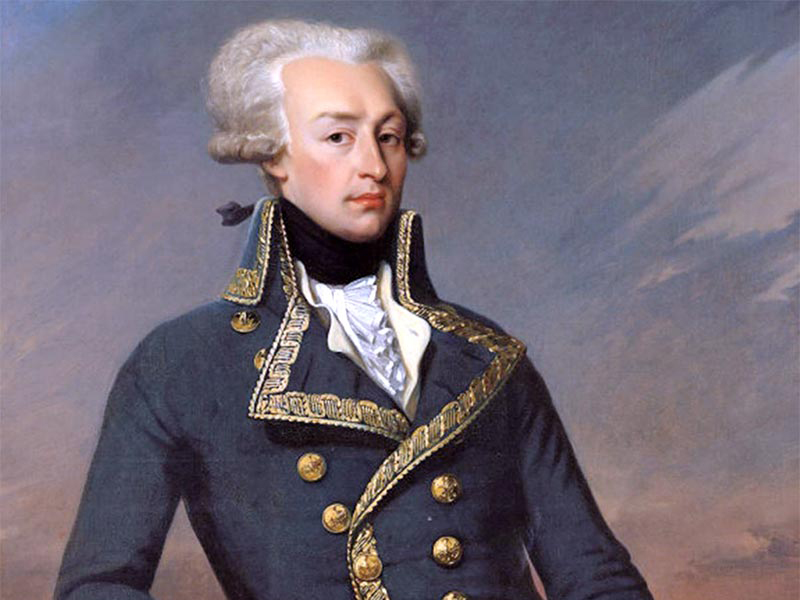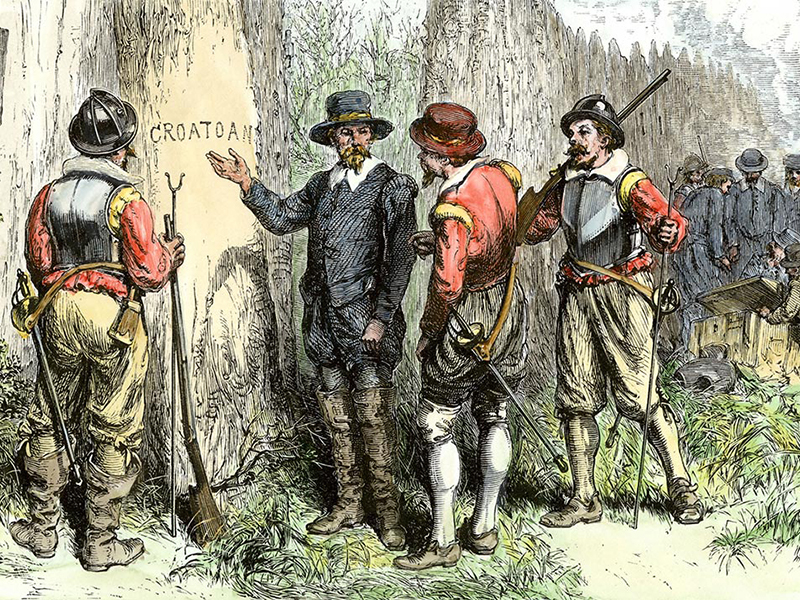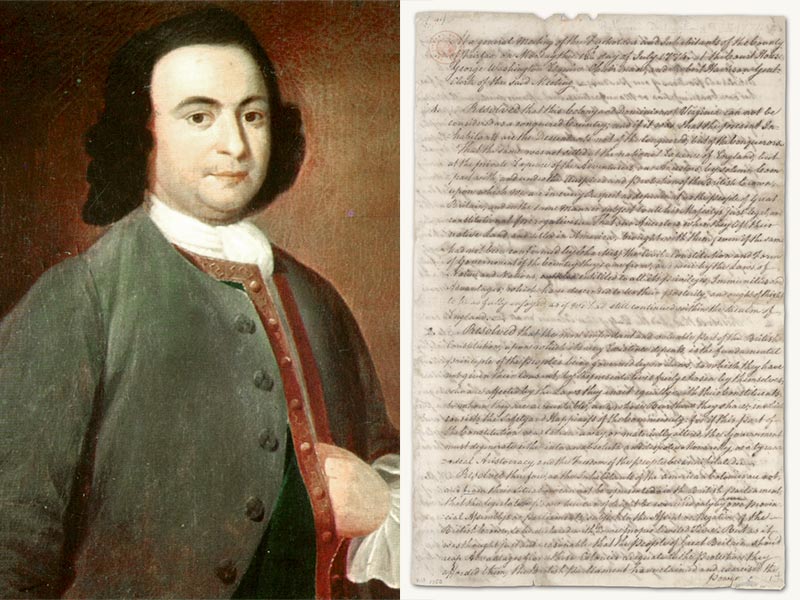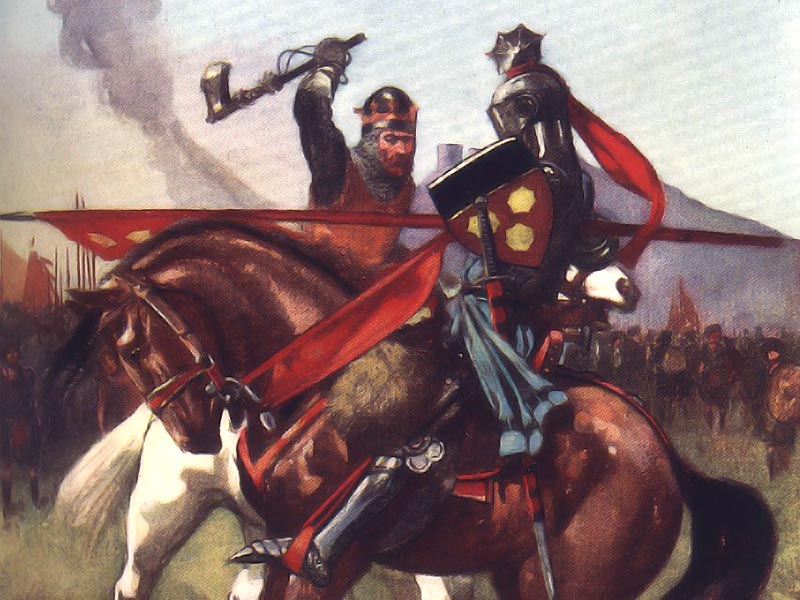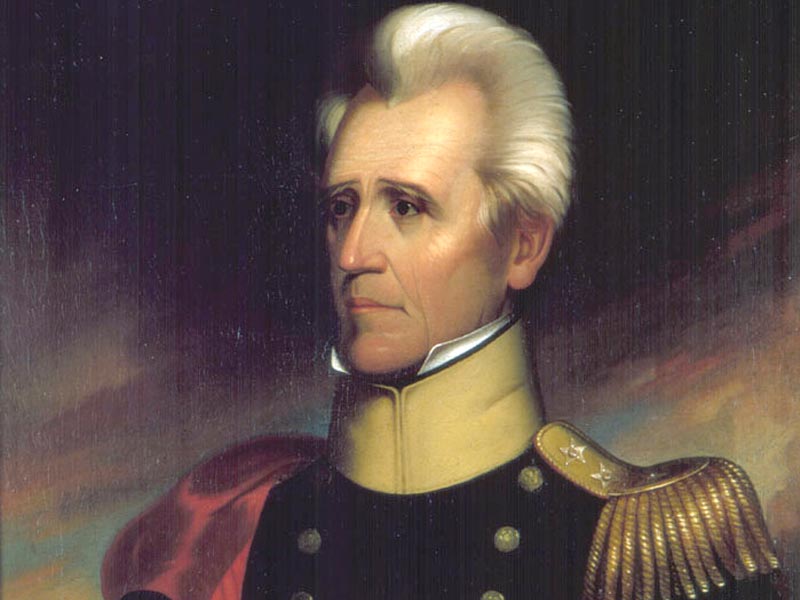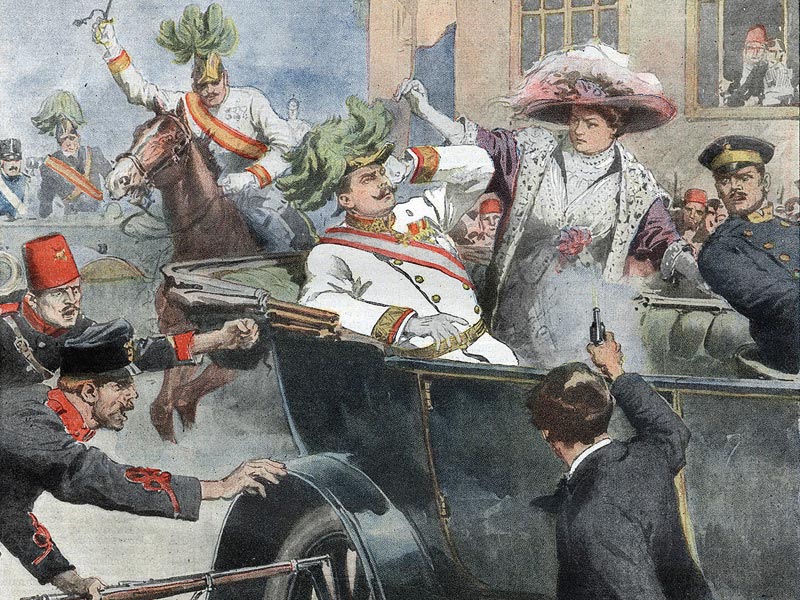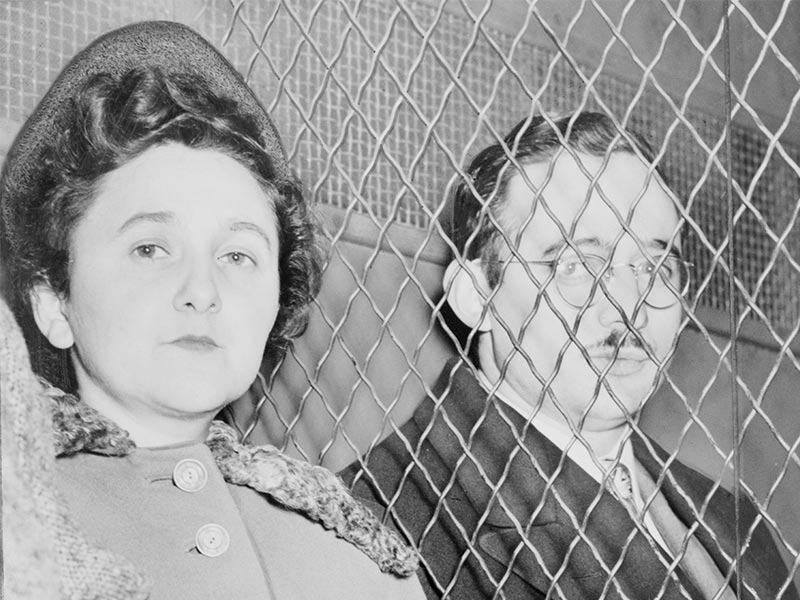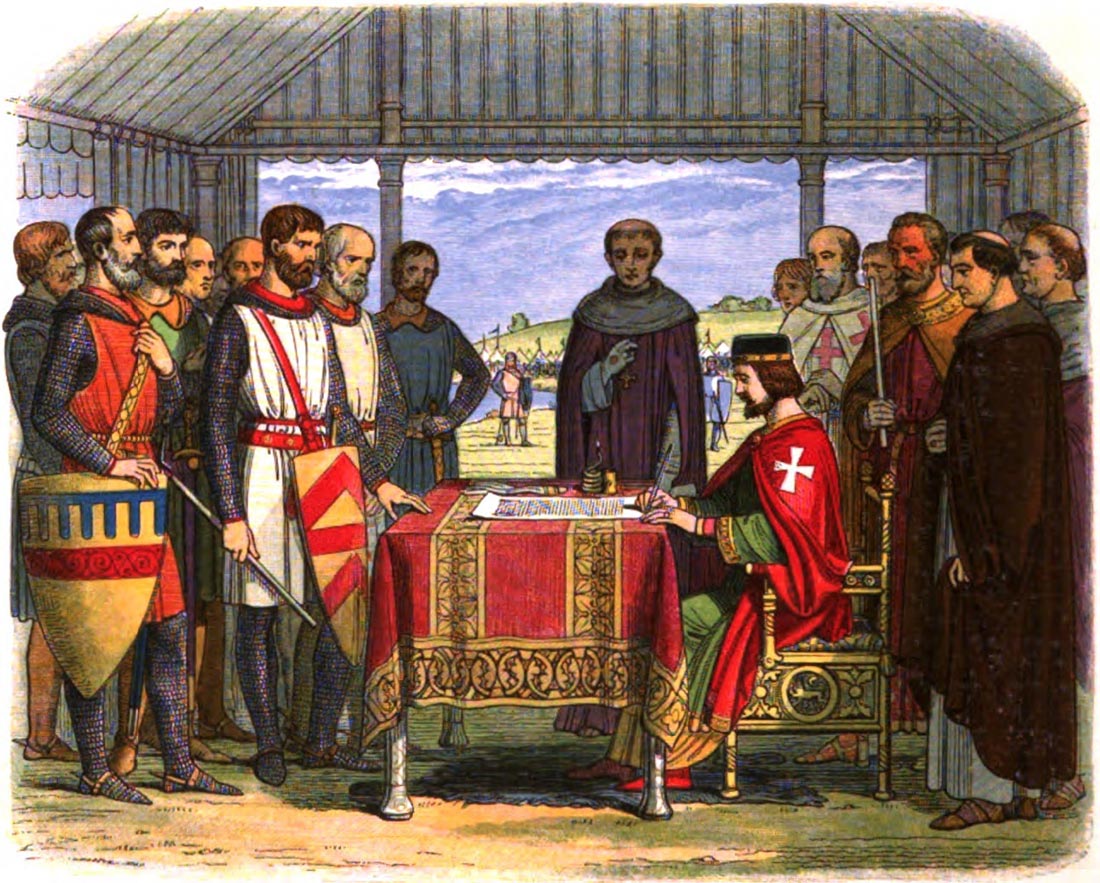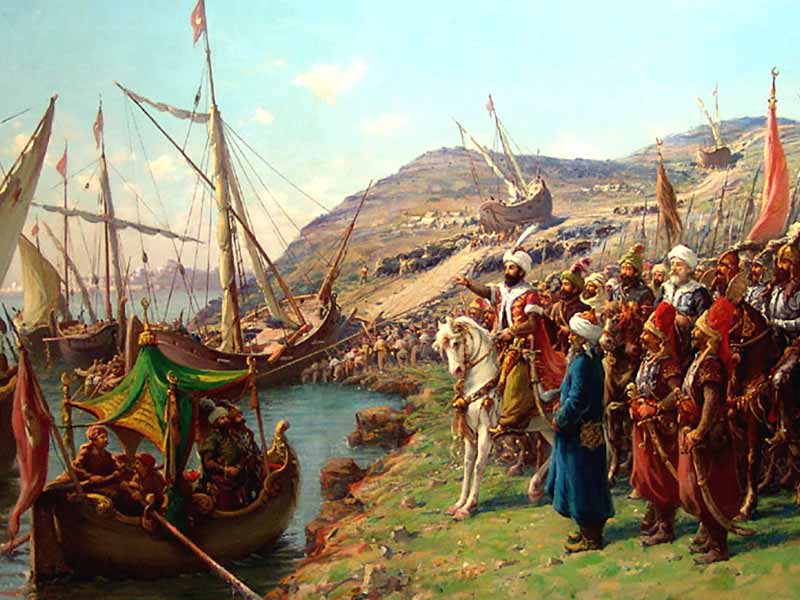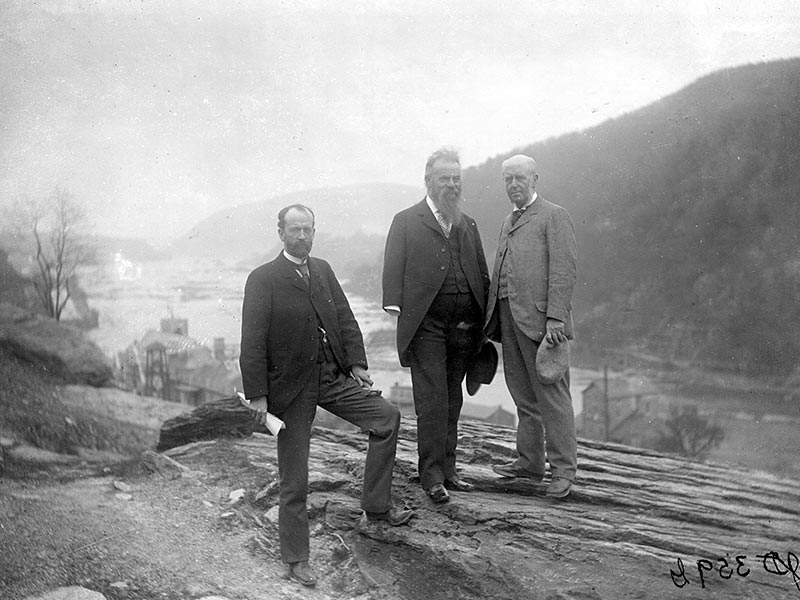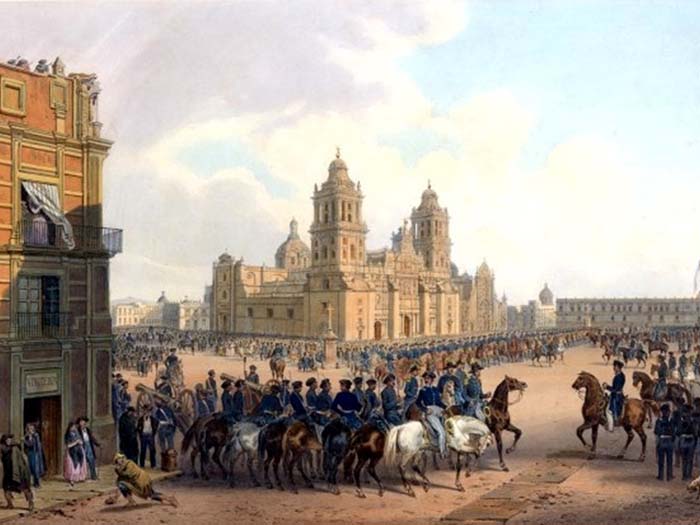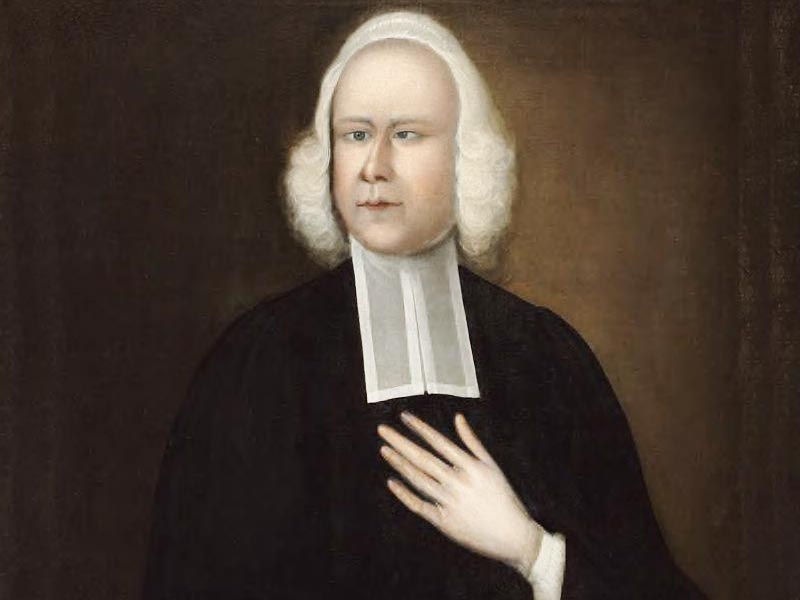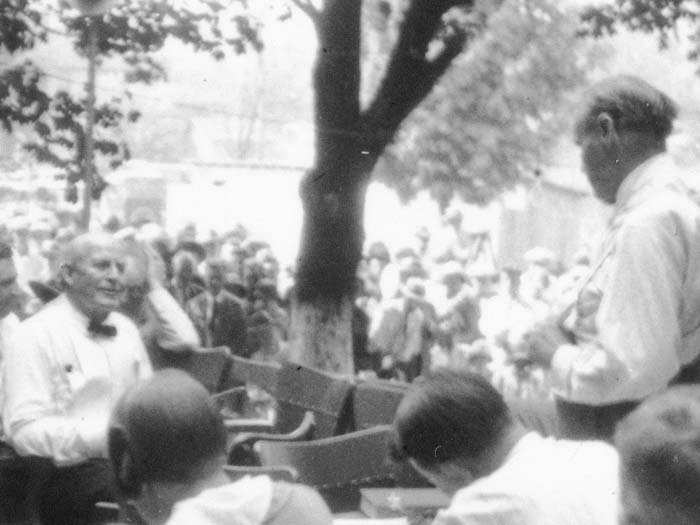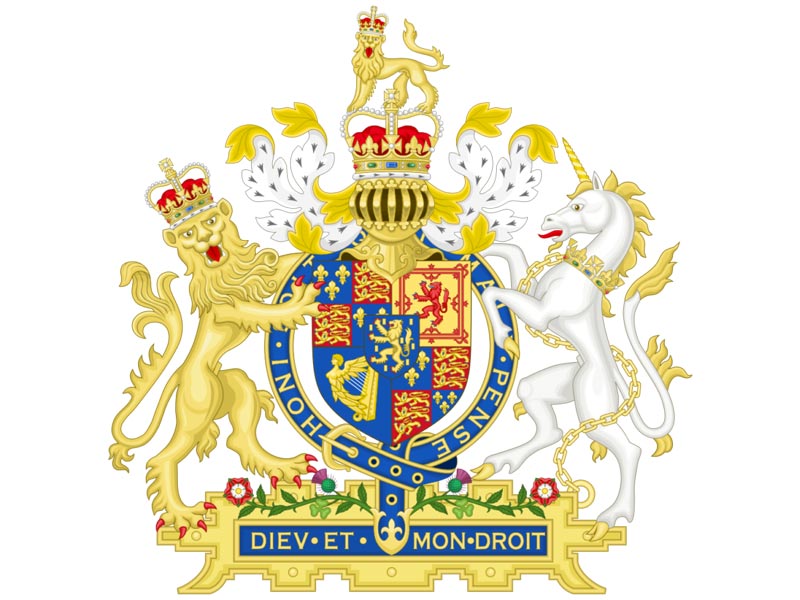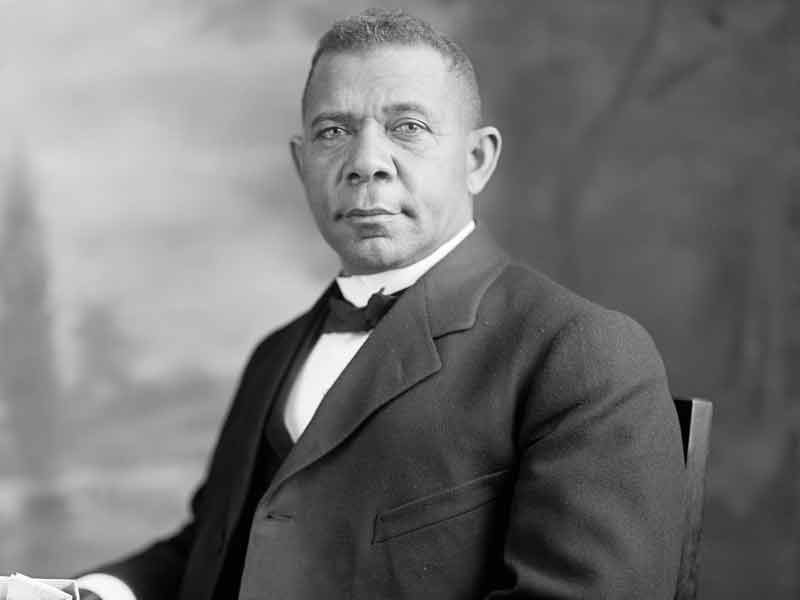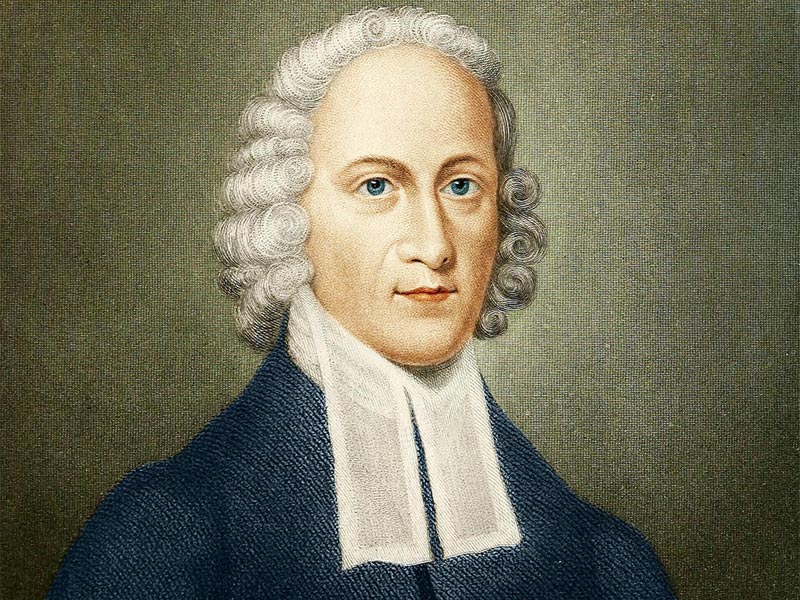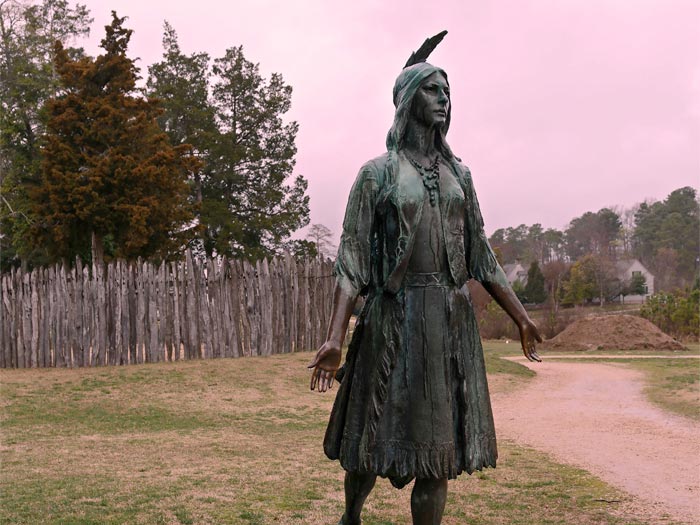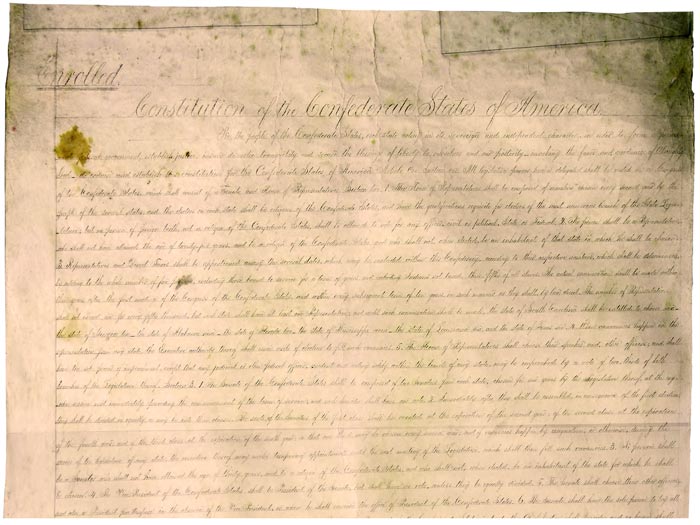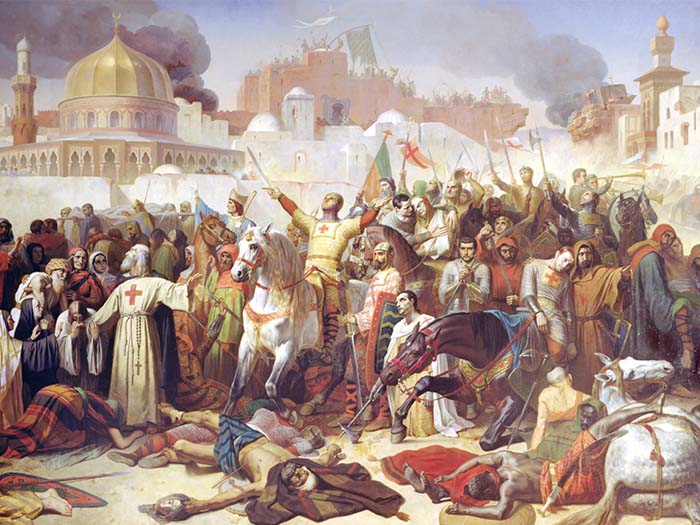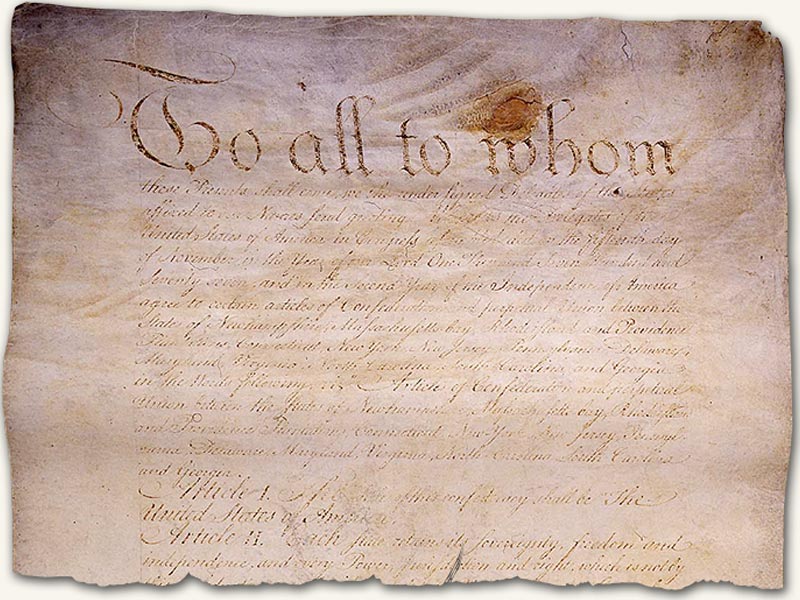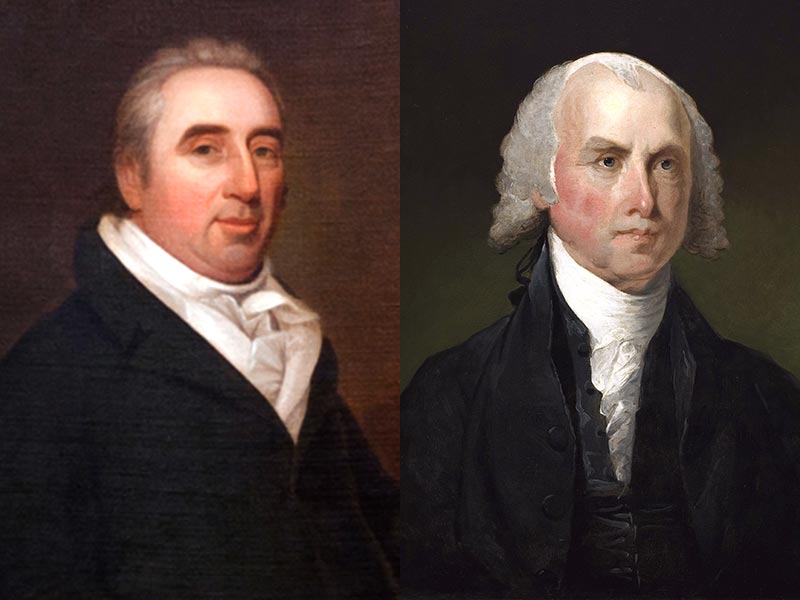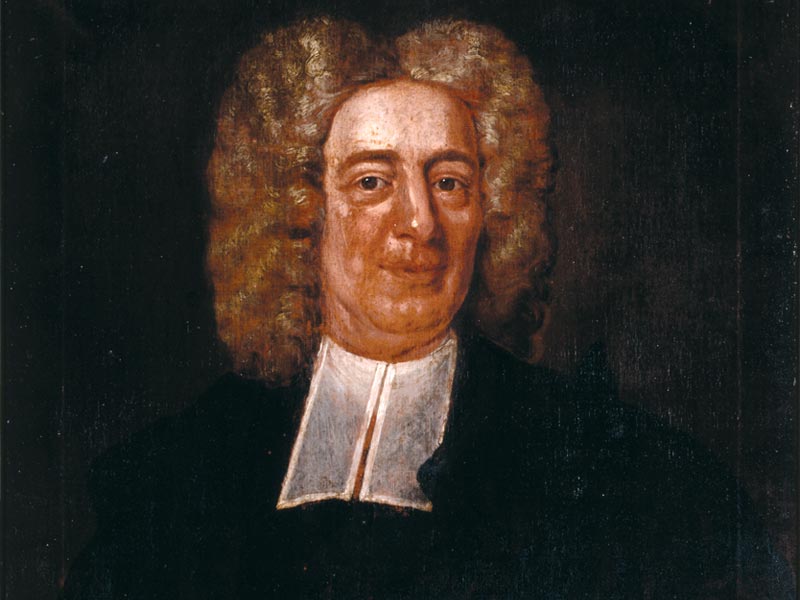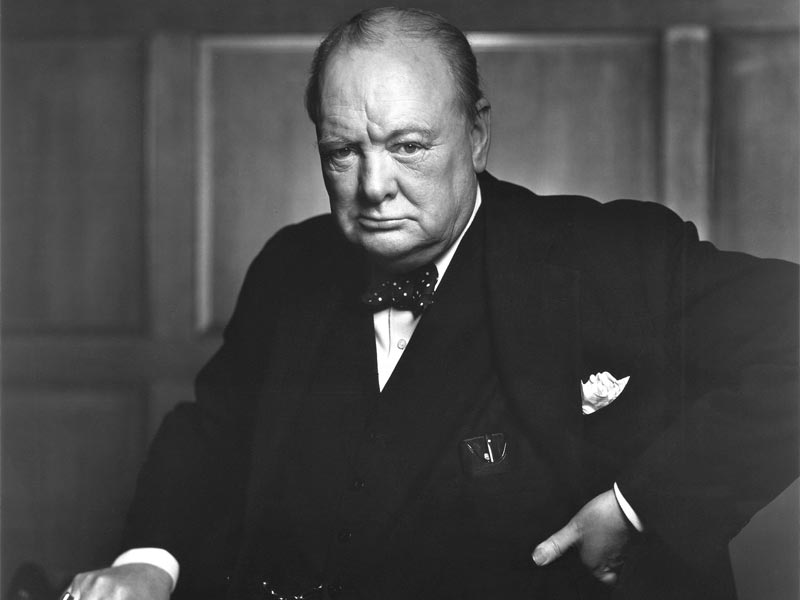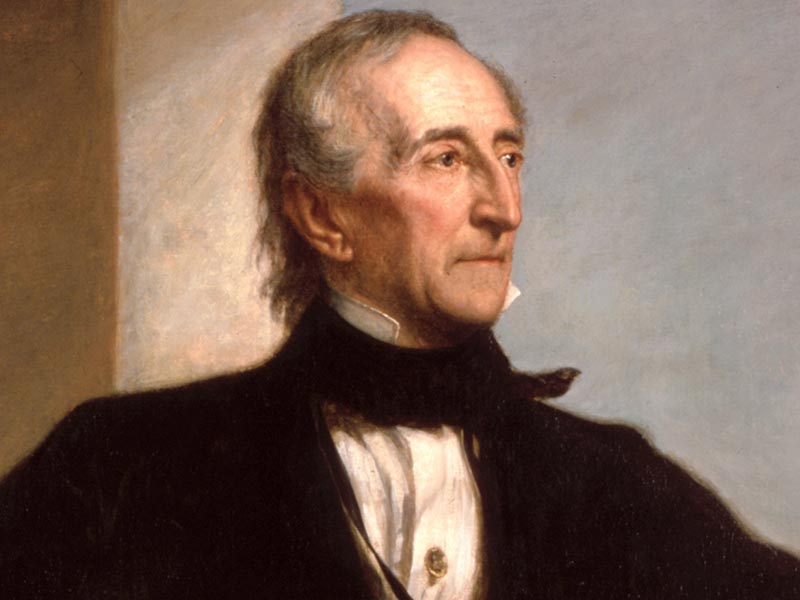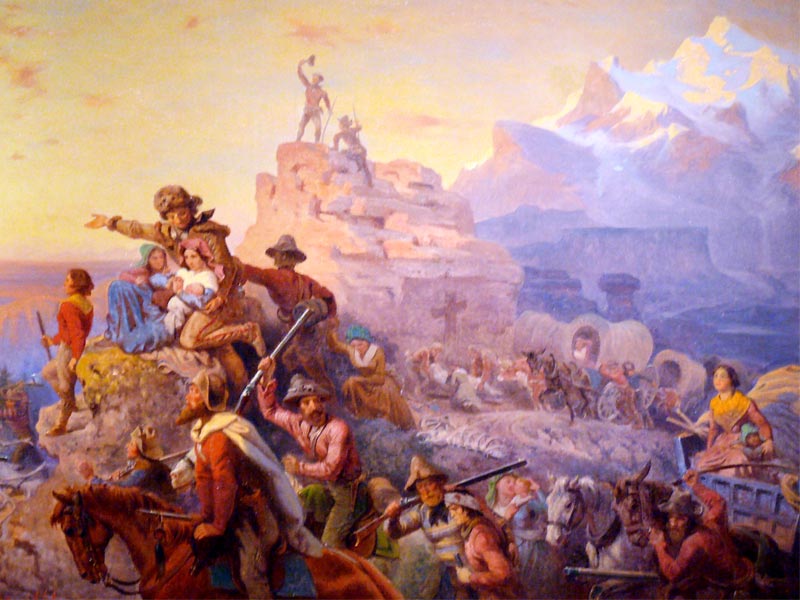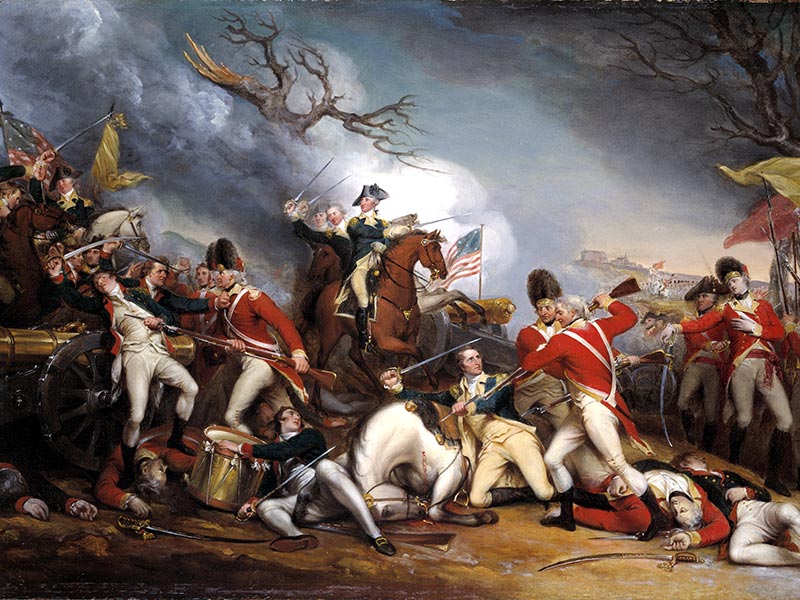
2018
Ellis Island Immigration Station Opens, 1892
Week of December 30
In December, 1891 seventeen-year-old Annie Moore of County Cork, climbed aboard the USS Nevada, along with her two younger brothers, in Queensland, Ireland (now known as Cobh)...
Johannes Kepler Is Born, 1571
Week of December 23
Johannes Kepler’s achievements in mathematical theory and scientific application astound even the casual observer. In Kepler’s day, princes subsidized geniuses and kept them close to the throne, for such men brought prestige to the state and...
Thomas Paine’s First American Crisis Article Published, 1776
Week of December 16
“These are the times that try men's souls. The summer soldier and the sunshine patriot will, in this crisis, shrink from the service of their country; but he that stands by it now, deserves the love and...
The Romanian Uprising Begins, 1989
Week of December 9
Dictators have a long and storied history of leaving this mortal world well before their demographics might suggest, due to their unbridled tyranny. Nicolae Ceauşescu, “President” of Romania, is a good case in point. His downward mortality arc...
Leslie Printice Leads Anti-Abortion Rally, 1846
Week of December 2
New York City in the 19th Century probably surpassed all others in political corruption and depraved popular culture; often the two were bound up together. One aspect of that depravity related...
The Birth of Andrew Carnegie, 1835
Week of November 25
The 19th Century Industrial Revolution changed the life and culture of the United Kingdom and the western world. Machines brought increased production of manufactured goods, demand for entrepreneurs, engineers, inventors, and...
Gustavus Adolphus Killed in Battle, 1632
Week of November 18
In 1593 the Swedish Church adopted the Lutheran Augsburg Confession as its statement of faith, bringing to culmination a half century of struggle over whether the Protestant Reformation would finally win popular support. According to one...
The End of the Great War, 1918
Week of November 11
The leaders of the nations and armies of the First World War called for an Armistice at the 11th Hour of the 11th Day of the 11th Month in 1918. After four years of unprecedented industrial-scale slaughter, resulting in the deaths of about eight million...
Guy Fawkes and the Gunpowder Plot, 1605
Week of November 4
King James VI of Scotland became King James I of England upon the death of Queen Elizabeth I. Not everyone in England was happy with this outcome. A secret cabal of Roman Catholic assassins determined to blow up the King and Lords and...
Sir Walter Raleigh Beheaded, 1618
Week of October 28
Warrior, pirate, businessman, investor, courtier, explorer, jailbird, Member of Parliament, Governor, historian, poet: Sir Walter Raleigh lived a most colorful and dangerous life, full of adventure. He loved to fight, hated the Catholic Church, was...
The Battle of Trafalgar, 1805
Week of October 21
Admiral Horatio Nelson, England’s greatest living war hero, sent his last communication to the fleet. They were about to engage the combined naval forces of France and Spain in the Napoléonic War showdown at Trafalgar, off the coast of Spain...
Anthony Comstock Launches His Crusade, 1872
Week of October 14
Anthony Comstock was one of the most admired and most hated men of the nineteenth century. Journalist and professional cynic H.L. Mencken hurled ridicule at the legislation inspired by...
The Great Chicago Fire, 1871
Week of October 7
Fire has destroyed many cities in the past. The great fire of London, England in 1661 consumed more than 13,000 homes and 87 parish churches as temperatures reached 2,280 degrees fahrenheit. Many saw it as divine judgement on a dissolute...
Sir Walter Scott Publishes Tales of a Grandfather, 1828
Week of September 30
An old Indian adage asserts that “when a man dies, a thousand stories die with him.” Sir Walter Scott determined that a thousand stories of his old nation would not die, even though they were at times a...
The Birth of Caesar Augustus, 63 BC
Week of September 23
“Now in those days a decree went out from Caesar Augustus, that census be taken of all the inhabited earth.” (Luke 2:1) With these words many Christmas pageants and plays begin, but Augustus is just a bit player off stage to the moment...
Emancipation Proclamation Announced, 1862
Week of September 16
In his First Inaugural Address, President Abraham Lincoln stated that “I have no purpose, directly or indirectly, to interfere with the institution of slavery in the States where it exists. I have no lawful right...
Death of William the Conqueror, 1087
Week of September 9
Scottish writer and historian Thomas Carlyle during the 1840s, and especially in his book Heroes and Hero Worship, argued that history can largely be explained by the actions and leadership of great men of the past. He lauds but a few in his book...
Japan Surrenders, 1945
Week of September 2
The iconic photograph shows the American commander in the Pacific Theatre of World War II, General Douglas MacArthur, standing behind the table that supports the surrender document. It will soon be signed by the representatives of the...
The Eruption of Krakatoa, 1883
Week of August 26
Out for a walk on a summer Sabbath in 1884, boys from a mission school on the island of Zanzibar, East Africa, spotted a strange looking object stranded on a sandbar in the ocean. Upon closer inspection, it proved to be a black island of...
Burning of the Library of Congress, 1814
Week of August 19
The Library of Congress is the largest book repository in the world, with more than one hundred million books as well as another sixty million other items, in four hundred fifty languages. These holdings take up about 838 miles of shelves...
James Murray and the Oxford English Dictionary, 1879
Week of August 12
The Oxford English Dictionary (OED) defines more than a half million words and it took more than seventy years to research and write the original “twelve tombstone-size volumes.” It is the gold...
The Birth of Herbert Hoover, 1874
Week of August 5
Bertie was declared dead by his distraught father, at the age of 2, having suffered from the croup, turned purple, and had no discernable heartbeat. His uncle, Dr. John Minthorn, came in the door and worked desperately on the child. He coughed and...
Lafayette Becomes a General, 1777
Week of July 29
If ever a young man was born to a heroic past and military tradition, Marie-Joseph Paul Yves Roch Gilbert du Motier, Marquis de Lafayette was that man. His father served as a Colonel of grenadiers, falling in an artillery barrage in the Battle of...
Roanoke Colony Established, 1587
Week of July 22
Connecting the providential skeins of ideas can lead to the very practical results of how God caused history to flow. In the midst of the sixteenth century, a sixteen-year-old Englishman visited his lawyer-cousin of the same name, Richard Hakluyt...
George Mason and the Adoption of the Fairfax Resolves, 1774
Week of July 16
Thomas Jefferson said of George Mason, “He was one of our greatest men, and of the first order of greatness.” He was one of the chief architects of the United States Constitution, yet he refused to sign...
The Birth of Robert the Bruce, 1274
Week of July 9
Robert Bruce of Scotland was born in 1274, probably at Turnberry Castle, “of which the remains can still be seen perched on the cliffs which plunge steeply into the waters of the firth of Clyde.” His family claimed Anglo-Norman ancestry and...
Andrew Jackson Vetoes Bank Recharter, 1832
Week of July 2
Andrew Jackson, seventh President of the United States, engendered hatred and opposition on a scale that previous chief executives never experienced. Jackson, in fact, still faces hatred...
The Assassination of the Archduke of Austria, 1914
Week of June 24
The “causes” of the First World War are numerous. Together they created an international powder keg. There is much disagreement among historians on which factors are the most important. There is no...
The Execution of the Rosenbergs, 1953
Week of June 17
Following the Second World War, the United States and the Union of Soviet Socialist Republics waged a “Cold War” to bring the “third-world” nations into the political orbit of the West or of the USSR. Both sides were determined to thwart the other, by...
The Signing of the Magna Carta, 1215
Week of June 10
In the year 1100, King Henry I of England issued a document known since then as “The Charter of Liberties,” in an attempt to curry favor with his barons. He was the youngest son of William the Conqueror, but was able to grab the throne after...
The Six Day War Begins, 1967
Week of June 3
In the late 19th Century, certain eastern European Jewish leaders created a movement known as Zionism, advocating the return of Jews to Palestine for the eventual creation of a Jewish state, hopefully in the same boundaries as Old Testament Israel...
The Fall of Constantinople, A.D. 1453
Week of May 27
In one of the greatest sieges of all time, Sultan Mohammed II, on May 29, A.D. 1453, captured the last Christian bastion in the Middle East, Constantinople, which had withstood every assault for 1,100 years. With the total collapse of the...
John Wesley Powell’s Grand Canyon Expedition Begins, 1869
Week of May 20
Until the year 1869, no (known) human being had ever successfully descended the Colorado River through the Grand Canyon, or mapped its course. A few natives lived at various spots at the base of...
America Declares War on Mexico, 1846
Week of May 13
On December 29, 1845, The Republic of Texas became the 28th State of the United States. The legislation admitting Texas did not define the borders of the new state. The government of Mexico protested loudly that Texas was still...
George Whitefield Preaches in Philadelphia, 1744
Week of May 6
In his lifetime he preached an estimated 18,000 times and reached about ten million hearers. His sermons were reprinted countless times, and people in frontier regions were converted and...
Scopes Trial, Dayton, Tennessee, 1925
Week of April 29
In March of 1925, the State Legislature of Tennessee passed the Butler Act, prohibiting the teaching of the theory of evolution in the public schools. Governor Austin Peay signed the bill, courting the support of rural legislators. He later...
John Winthrop’s Sermon Aboard the Arbella, 1630
Week of April 22
The idea that the United States of America are like a “city set on a hill” for all to see and emulate, originates from the words of Jesus in the...
Bay of Pigs Invasion Routed, 1961
Week of April 15
The United States’ involvement in the island of Cuba has a long and storied history. So much so that one of “America’s Little Wars” was fought there in 1898, and helped vault Theodore Roosevelt...
William & Mary Crowned as Joint Sovereigns, 1689
Week of April 8
Their accession to the throne was a watershed moment in England’s history, known as “The Glorious Revolution”, or sometimes...
Birth of Booker T. Washington, 1856
Week of April 1
The 1860 census taker noted that the Burroughs family in Franklin County, Virginia and their fourteen children, also had seven slaves, one of them a boy named Booker, valued at $400.00. Born to Jane...
Jonathan Edwards Sermon, 1742
Week of March 25
The impact of itinerant English evangelist George Whitefield’s preaching was felt across New England. Many people were converted to Christ, and Christians were renewed in their faith. Ministers of the region followed up on Whitefield’s success...
Pocahontas Dies in London, 1617
Week of March 18
Inside the Rotunda of the United States Capitol, eight magnificent 12x18 foot paintings depict some of the most important moments in American history. Four of them relate to the War for Independence, and three to exploration and settlement...
Confederate Constitution Adopted, 1861
Week of March 11
By the first of February, 1861, seven southern states had seceded from the United States: South Carolina, Alabama, Mississippi, Georgia, Florida, Louisiana, and Texas. They formed a federal...
Saracens Attack after First Crusade, 1144
Week of March 4
Deus Vult! The battle cry of the Crusaders, “God Wills It,” is no longer heard outside the walls of Accra, Antioch, Jerusalem and all the other Christian strong-points in the Levant. Allahu Akbar...
Articles of Confederation Take Effect, 1781
Week of February 25
When the Founding Fathers declared independence on July 4, 1776, they were then faced with the construction of a new form of government. The representatives of the thirteen colonies had...
Marbury v. Madison, 1803
Week of February 18
Many Americans believe that the overwhelming power of the United States Supreme Court is a fairly recent phenomenon. The far-reaching authority of the Court, however, has developed incrementally...
The Birth of Cotton Mather, 1663
Week of February 11
Born the grandson and namesake of two of the most famous Puritan preachers of the 17th Century, founders of the “Puritan oligarchy,” and son of the most influential preacher of the second generation...
Queen Elizabeth II Becomes Britain’s Monarch, 1952
Week of February 4
Knowing the names and a few details about your ancestors often brings a special satisfaction or pleasure to your family. Outside immediate...
The Tet Offensive in Vietnam War Begins, 1968
Week of January 28
The United States had gotten involved in Vietnam in the early 1950s after the French, who had dominated the region for many years, were...
The Death of Sir Winston Churchill, 1965
Week of January 21
"The history of the world is but the biography of great men,” wrote Scottish historian Thomas Carlyle. He was articulating the widespread belief that certain historical characters — through their...
The Death of John Tyler, 1862
Week of January 14
His funeral was the largest ever held in Richmond, Virginia. President John Tyler (1790-1862) was the only President who died not a citizen of the United States — he was serving in the Congress of...
Marines Capture Los Angeles, 1847
Week of January 7
With the election of President James K. Polk came Texas annexation and the advancement of American “Manifest Destiny,” a widely accepted theory that the United States was destined...
The Battle of Princeton, 1777
Week of December 31
As Christmas approached, the cause of American independence seemed as bleak as the winter that descended on New Jersey and Pennsylvania. George Washington’s army lay frozen in their...


